detail profile petar prli c4 8dko
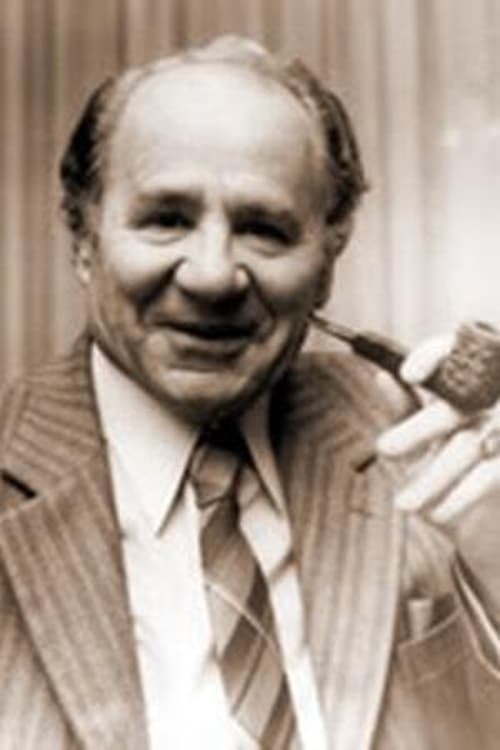
Petar Prličko
Petre Prličko
atau dikenal sebagai
Riwayat Hidup
Petar Prlicko was born on March 13, 1907 in Veles, Ottoman Empire as Perica Aleksic.
He was an actor and writer, known for Captain Mikula, the Kid (1974), Narodni poslanik (1964) and Captain Lechi (1960).
He died on November 16, 1995 in Skopje, Macedonia.
On August 1991, he received Life Achievement Award "Slavica" for his roles in Yugoslav cinematography.
Info Pribadi
Peran Yang Di Mainkan Petar Prličko
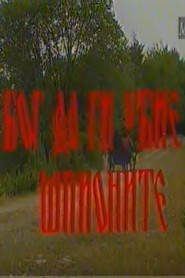 Five centuries of persecution and the...
Five centuries of persecution and the...Let God Kill the Spies 1993
Five centuries of persecution and the struggle of the Macedonian people for freedom and an independent Macedonian state in which freedom will reign equally for all, have created their own myth and tradition for themselves. The struggles, sufferings, betrayals and self-sacrifice were later translated and woven through Macedonian songs, stories, tales and plays. Starting from there, this TV movie approaches the events of that time.
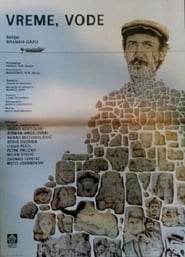 A Macedonian village has always struggled...
A Macedonian village has always struggled...Times, Waters 1980
A Macedonian village has always struggled to find ways to bring water to its arid land - a struggle that may be won when a native son returns from America with the idea of setting up a watermill. Such an enterprise gets two villages in conflict over water rights, threatening to permanently turn people against each other. In the past, the territory had been occupied by the Italian armies, and a flashback shows a massacre in one village, a revelation that disaster has been a part of their history, in one way or another. No matter how he argues, the young man who advocated the watermill loses out to the builders of a dam - something that does not bode well for the low-lying village.
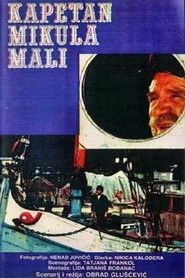 In late 1943 German forces are advancing...
In late 1943 German forces are advancing...Captain Mikula the Kid 1974
In late 1943 German forces are advancing towards Dalmatian coast, forcing many people to flee to Allied or Partizan controled areas. Group of children get stranded on a deserted island after their ship's engines broke down. However, the real adventure of their is only to begin.
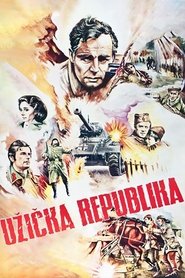 In 1941 a few months after German...
In 1941 a few months after German...The Republic of Užice 1974
In 1941, a few months after German tanks forced Yugoslav Royal Army to capitulate, organized resistance is turning into massive uprising against occupying forces. Partisans, led by the Communist party, manage to chase Germans from huge territory later known as the Uzice Republic. However, forces loyal to King have some other ideas.
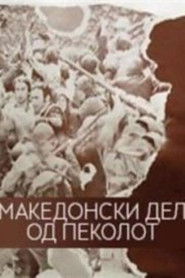 At the end of the year 1942...
At the end of the year 1942...The Macedonian Part of Hell 1971
At the end of the year 1942 and the start of 1943, to stop spreading the revolution in county of Bitola, bulgarian occupiers are reinforcing the persecutions and the acts of violence on civil population. The movie is based on true events,
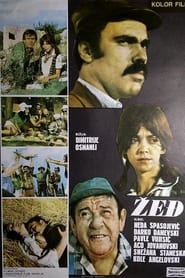 The inhabitants of a small village...
The inhabitants of a small village...Thirst 1971
The inhabitants of a small village in a backward area of Macedonia earn their living by sending their men abroad in search of employment. Three young girls, named Elica, Maria and Nikolina live and work as schoolteachers in the village. Each of them try to make sense of their lives, in that situation where it is imposed on them. In the village the greatest problem is the supply of water. Spring water is carried by Marko from the distant mountains Marko is falls in love with the poor girl Kate...
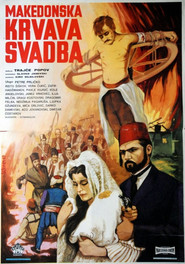 The film is the story of...
The film is the story of...Bloodshed at the Wedding 1967
The film is the story of girl Cveta who was abducted by the Ottoman bey and taken away in his harem. Bey is trying to embrace Islam, but its persistence, and its neighbors led beloved Spasa, and beloved local priest, assisted by diplomats of the great powers manage to free themselves. On the day of her wedding comes Bey with his army to try to get it back. Cveta dies, Spasa killing Bey and and goes to the committees.
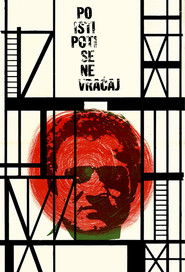 The story of a few untrained...
The story of a few untrained...Don't Come Back by the Same Way 1965
The story of a few untrained construction workers from poor underdeveloped parts of the country, such as Bosnia and Herzegovina or Macedonia, who carry out seasonal work in the highly-developed republic of Slovenia. Far from home, problems arise for the men - with their families, alcohol, the local population's derision and the "real Slovenian workers".
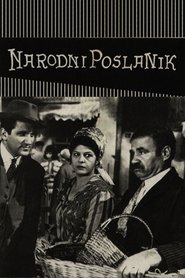 Film adaptation of Peoples Deputy by...
Film adaptation of Peoples Deputy by...People's Deputy 1964
Film adaptation of “People’s Deputy” by Branislav Nusic, one of the most frequently staged plays in the history of Serbian theatre. It tells the story of a politician who’s only interested in personal benefits and chair in the national assembly.
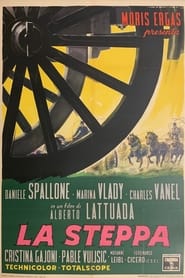 Based on a Anton Chekhov short...
Based on a Anton Chekhov short...The Steppe 1962
Based on a Anton Chekhov short story, this slight tale has some good moments as the drama of a young boy's journey unfolds. The lad comes from peasant stock, and one day his family decides it would be best for him to go live with his uncle in the city. The only problem is that the city is all the way across the Russian steppes, and at this time in history, that arduous journey could only be undertaken by horse and carriage. Reminiscent of the American pioneer wagon trains heading West, the tale lacks any attacks from hostile forces but is filled with charming vignettes. In one part of the journey, the boy comes across some fishermen along a river, harpooning their catch for the day. In another segment, he is entertained when some folk dancers do a lively show. But in general, it is too long and unmomentous a journey to hold attention well for nearly two hours.
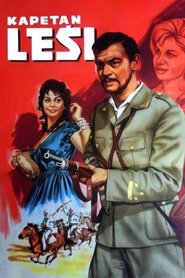 Kosmet in the fall of 1944 The...
Kosmet in the fall of 1944 The...Captain Lechi 1960
Kosmet in the fall of 1944. The Partisans have successfully liberated the town of Prizren from occupying Germans,and Ramiz Leshi, a brave and cunning KNOJ captain, has to liquidate the remainder of the local Quislings, called Balists. They are led by a ruthless, German-trained soldier Kosta and by Ahmet, the brother of the famous Captain. As Ramiz is trying to get Ahmet out of the gang and hunt down the rest of the Balists, 2 new girls arrive in town. One of them is Lola, a bar singer with a questionable agenda, and the other is Vida, a withdrawn music teacher from Belgrade.
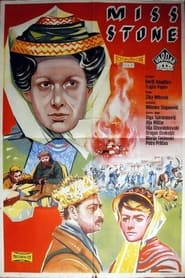 Macedonia on the turn of the...
Macedonia on the turn of the...Miss Stone 1958
Macedonia on the turn of the century is enslaved by decaying Ottoman Empire. Freedom fighters, in order to raise money for their cause, kidnap American lady who works in Protestant mission.
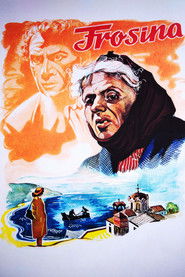 The first Macedonian Movie from 1952 Frosina...
The first Macedonian Movie from 1952 Frosina...Frosina 1952
The first Macedonian Movie from 1952- Frosina is one of the many Macedonian wives whose husbands are economic emigrants abroad. Marriage does not bring them a family, only the burden of life itself. After her husband's short visits, she gives birth to children who do not live long because of the poverty into which they have been born. She gives birth to them alone, and she buries them alone. Only her last child, Klime, survives all his various illnesses and grows up to be her one joy in life. The war breaks out...
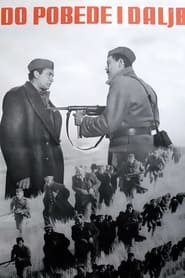 A newly established communist authorities in...
A newly established communist authorities in...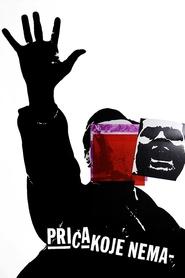 The feeling of being incapable of...
The feeling of being incapable of...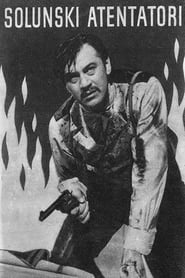 The story of a famous group...
The story of a famous group...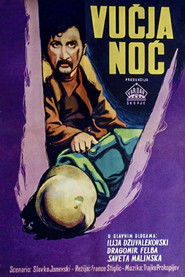 A group of Macedonian partisans are...
A group of Macedonian partisans are...